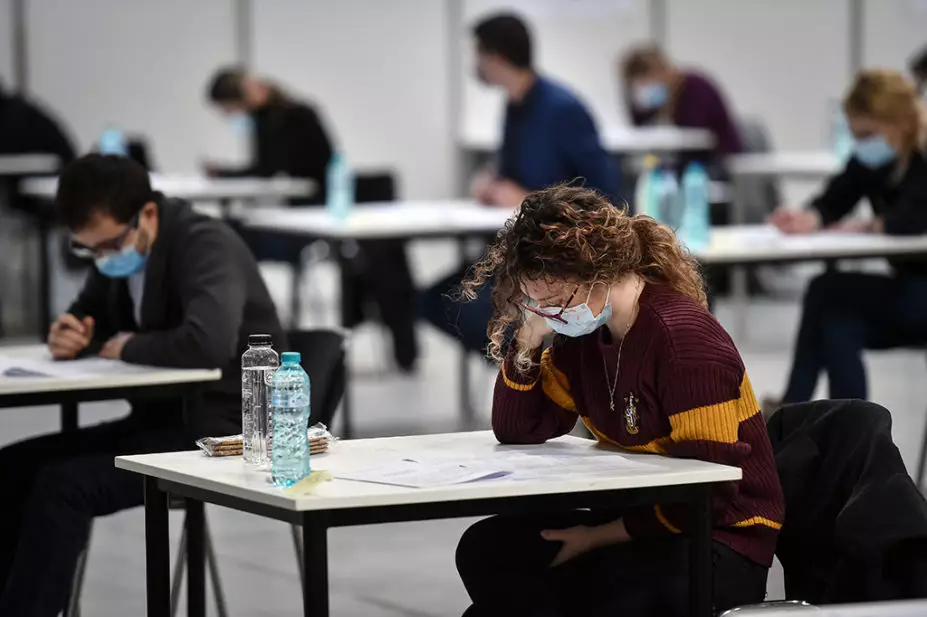
Shutterstock.com
The General Pharmaceutical Council (GPhC) has arranged meetings with pharmacy schools whose students performed poorly in the July 2021 registration exam sitting.
Council papers published by the GPhC, ahead of a council meeting on 11 November 2021, noted that candidates “who studied at some schools of pharmacy performed significantly less well than others; in one case, markedly so”.
“While there are a number of factors that influence whether individual candidates pass the assessment (including their experience in the preregistration year or the foundation training year for those starting in July 2021), the very low rate in certain institutions is deeply concerning, particularly as issues have been highlighted in earlier accreditation events,” the papers said.
“We have arranged initial meetings with those institutions and will be taking forward additional, targeted accreditation visits to assess the need for further conditions or recommendations,” the papers continued.
In a statement to The Pharmaceutical Journal, a spokesperson for the GPhC said that the regulator has “already contacted the lowest performing school and will take forward additional meetings and accreditation visits following our council discussion”.
“Our accreditation methodology sets out the approaches we may take, including making recommendations; imposing conditions, which are then monitored closely; and imposing probationary status, which requires the school to complete an action plan,” they continued.
The pharmacy school at the University of Central Lancashire (UCLan) achieved the lowest pass rate in the July 2021 registration exam, with 53% of the university’s 62 candidates received a passing mark. UCLan previously had a 52% pass rate for the March 2021 sitting, a 54% pass rate in September 2019 and a 47% pass rate in June 2019.
The University of Birmingham received the highest pass rate, with 98% of its 53 students passing the exam.
Overall, 82% of candidates passed the registration exam nationally.
In 2015, UCLan’s school of pharmacy was required to complete an action plan after the GPhC was invited to accredit the university’s newly revised MPharm programme, which was found to have “important failings”.
The GPhC’s reaccreditation report, published in May 2016, said: “This plan included close monitoring of the UCLan MPharm degree in 2015/2016, the provision of a revised business plan and a definitive restructuring plan for pharmacy, including the structural context in which it would operate, the staffing levels, and the roles and responsibilities for managing the programme.”
Following the action plan, the revised MPharm programme was accredited in 2016 for six years; however, as of April 2019, following an interim accreditation meeting, UCLan was still required to submit annual reports to the GPhC.
The Pharmaceutical Journal has approached UCLan for comment.
Read more: The pharmacy registration assessment must change if foundation pharmacist training is to succeed


